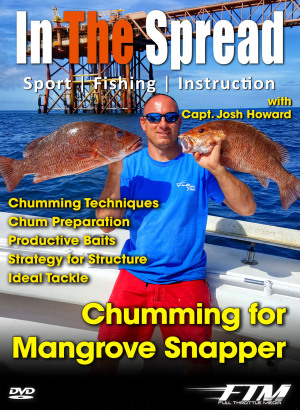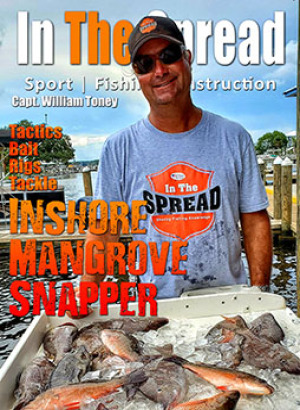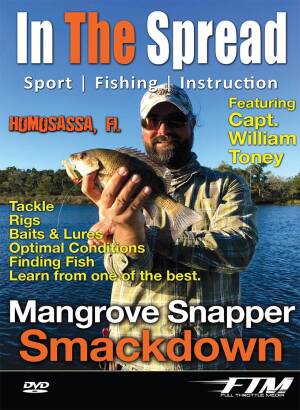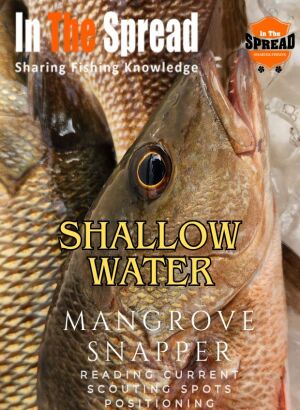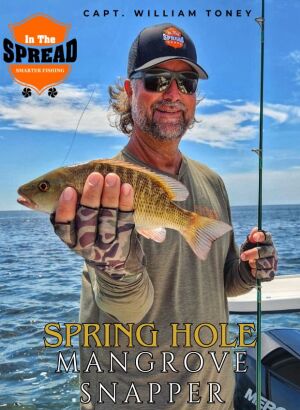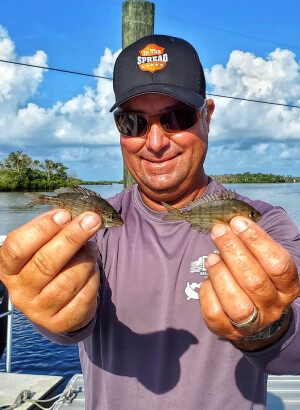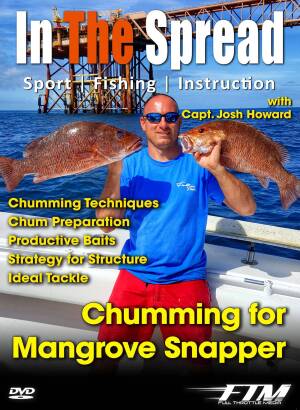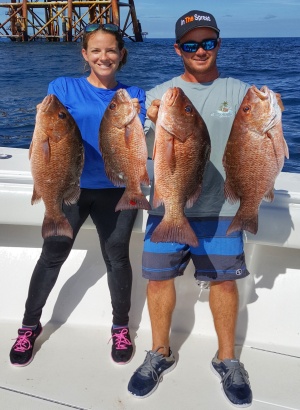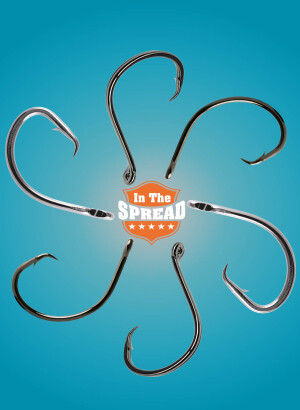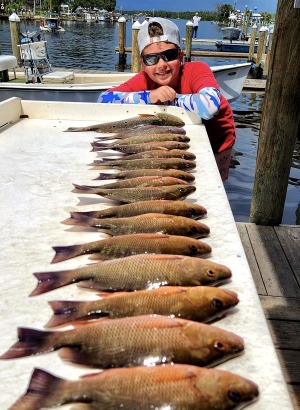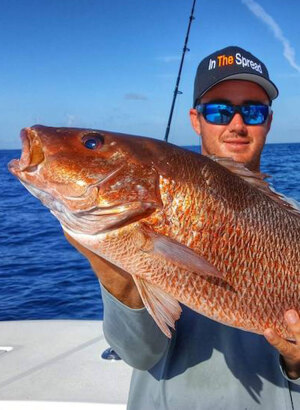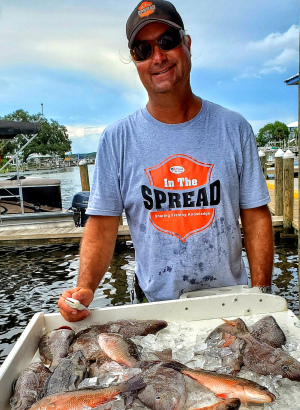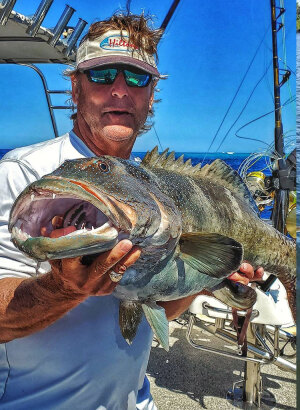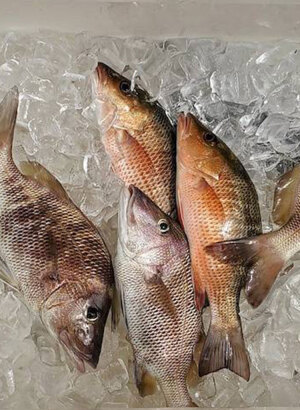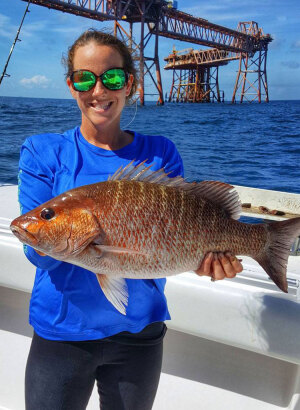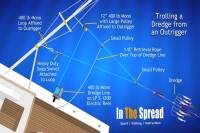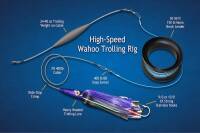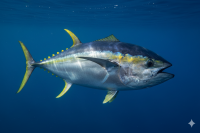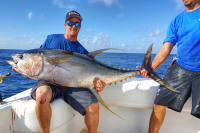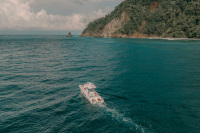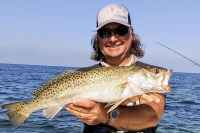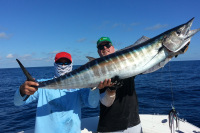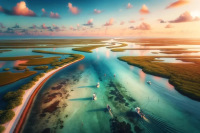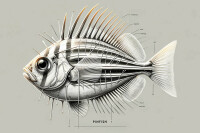Fishing for mangrove snapper inshore offers excellent action when offshore conditions are rough. These structure-loving fish provide great table fare and consistent bites around rocks, reefs, and ledges. Learn the key techniques for finding productive spots, proper anchoring, and knowing when to move for maximum success.
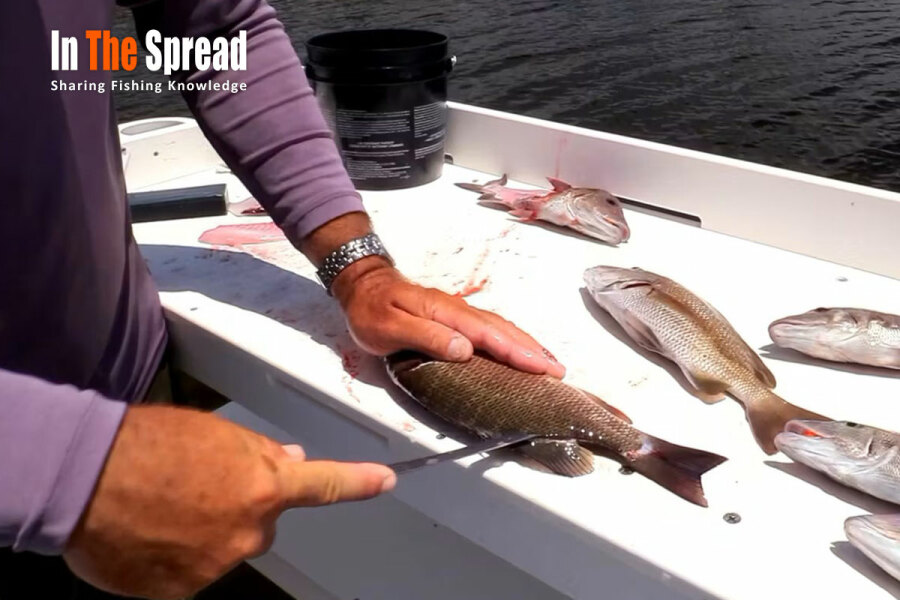
Fishing for Mangrove Snapper Inshore
Inshore Mangrove Snapper
Fishing for mangrove snapper inshore should always be in your playbook for those days when it may be a tad bumpy offshore or when you want to put the kids on some good fishing action. There is really no down side to banging out a stack of grovers. Mangrove snapper are, without a doubt, one of the best eating fish you can put on your table. They are also fun to catch. You will find consistent action around most any good structure. It is finding the right structure and knowing how long to fish it that trips up many an angler.
Structure Oriented Fish
Whether you are offshore or fishing for mangrove snapper inshore, the key is to find structure. Snapper will always be found around reef structure, rocks and rock piles, ledges, wrecks or other significant substrate. This is where they live and where they eat. When it comes to inshore fishing, finding good fishing structure can be a little easier. You can cruise coastal waters looking for sandy areas with rocks. These are pretty easy to spot. Just mark them on your GPS and return later. You can use local charts, take advantage of publicly listed numbers for reefs and rocks or rely on other local fishermen to help steer you in the right direction.
Keys to Fishing Structure
Once you have some structure to fish, the next trick is how do you fish for mangrove snapper inshore. You will need to know how to anchor up on the structure without spooking the fish and get you boat in the right position to make it easy to put baits where the fish are. This may require some practice, but that is part of learning. The current and wind will push you boat in a given direction and you do not want to have you boat right on top of the structure. Get a bearing on which way the water is moving and anchor in a way that the current pushes your boat into the right spot. Then you can start dropping bait down.
If the water is super clear, you will be able to see the fish. I have caught mangrove snapper inshore in 3 feet of water and out to 15 feet. Obviously, when it is shallow, you can see the fish plan as day. Many times they will be the only fish around. As the water gets a bit deeper, you may still see the fish, but there will probably be other species residing on the same structure. You can get the snapper coming up to the surface competing for food, at times. When this happens, you can site fish them. They will eat your bait before it gets further down in the water column. When you are putting baits on the bottom, you will encounter other fish species like grunts, grouper, sea bass, puffer fish and even catfish.
When to Move to a New Spot
If you are on a good spot, keep in mind that the mangrove snapper are typically the first to take your baits. How long that lasts is the mystery. Mangrove snapper turn on and off like the wind. You may catch 2 or 3 or a dozen and then boom the bite shuts down. Once you start catching more of the other species, it is probably time to move on. Pull your anchor and head to the next spot. You will also find, at times, that given spots will hold fish for a few days and then you will not catch anything. That is why it is best to build up a good book of GPS numbers, so you can have options. These fish do move around depending on water temperature and their size.
Inshore vs Offshore
Inshore fish will be smaller than the offshore variety, but are still a great size for eating. Make sure to know your local fishing regulations, so you don't take undersized fish. As mangrove snapper mature and increase in size, they will move offshore to deeper waters and then stay there. When you see photos of bigger snapper, they are coming from offshore waters. Due to predation, the smaller fish stay in shallower water for protection. The offshore realm is more dangerous with bigger predators.
Fishing for mangrove snapper inshore is great for kids, as it is close in, easily accessed and provides periodic non-stop action. Even for the smallest children, the snapper will not be so big as to present angling problems. The rod bending action will be enough to challenge them, but not break them. You only need light tackle and simple rigs.
If you want to learn more about mangrove snapper fishing rigs, baits, tackle, how to find the right kind of structure and how to set up on it, check out our snapper fishing videos. We cover inshore, offshore and coastal river fishing for grovers, as well as cubera snapper. There is a lot to learn from these videos.
In The Spread is one of the world's premier sport fishing video companies and educational outlets for demonstration, explanation and insight on how to catch fish. Get inside access to our video library by becoming a member.

